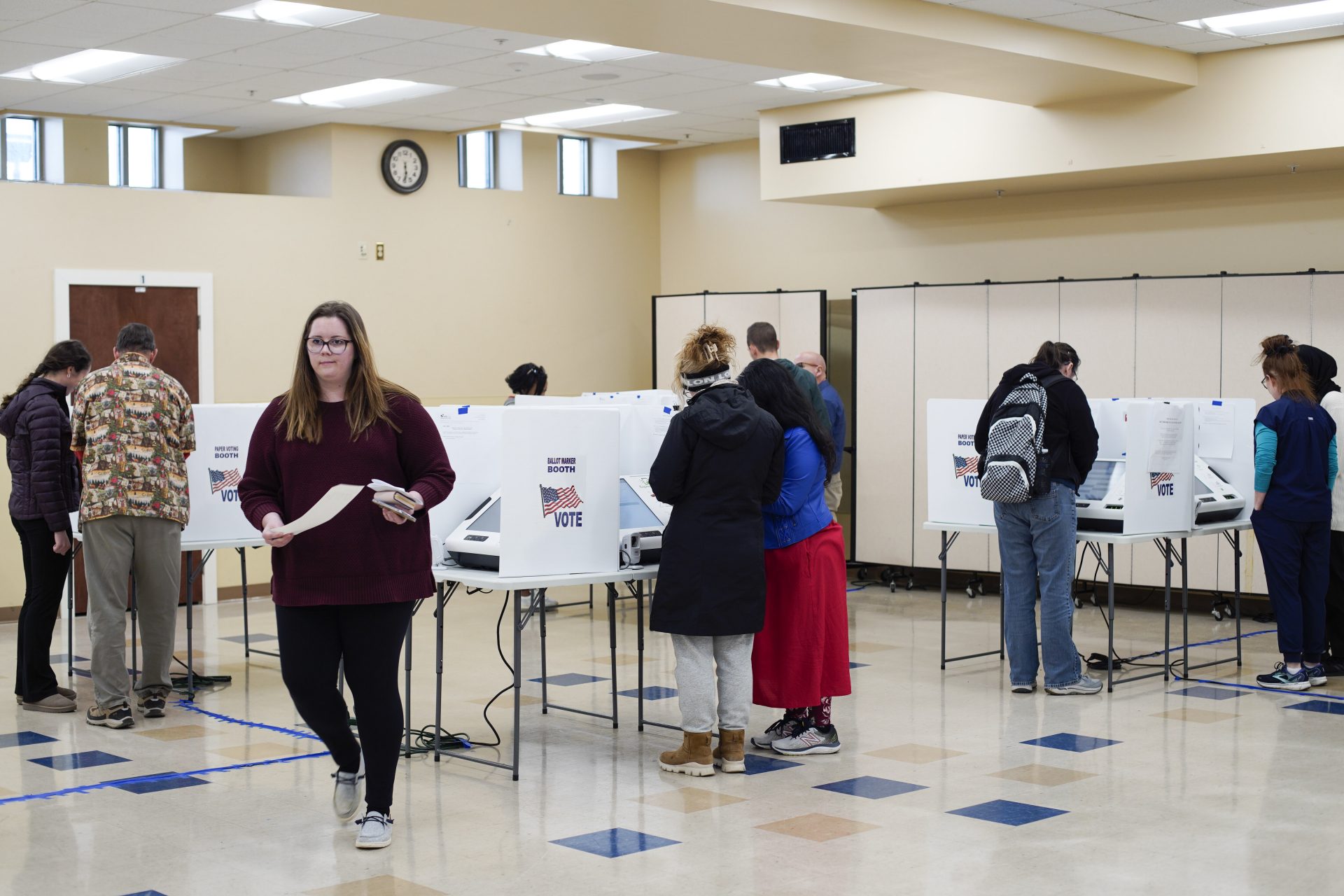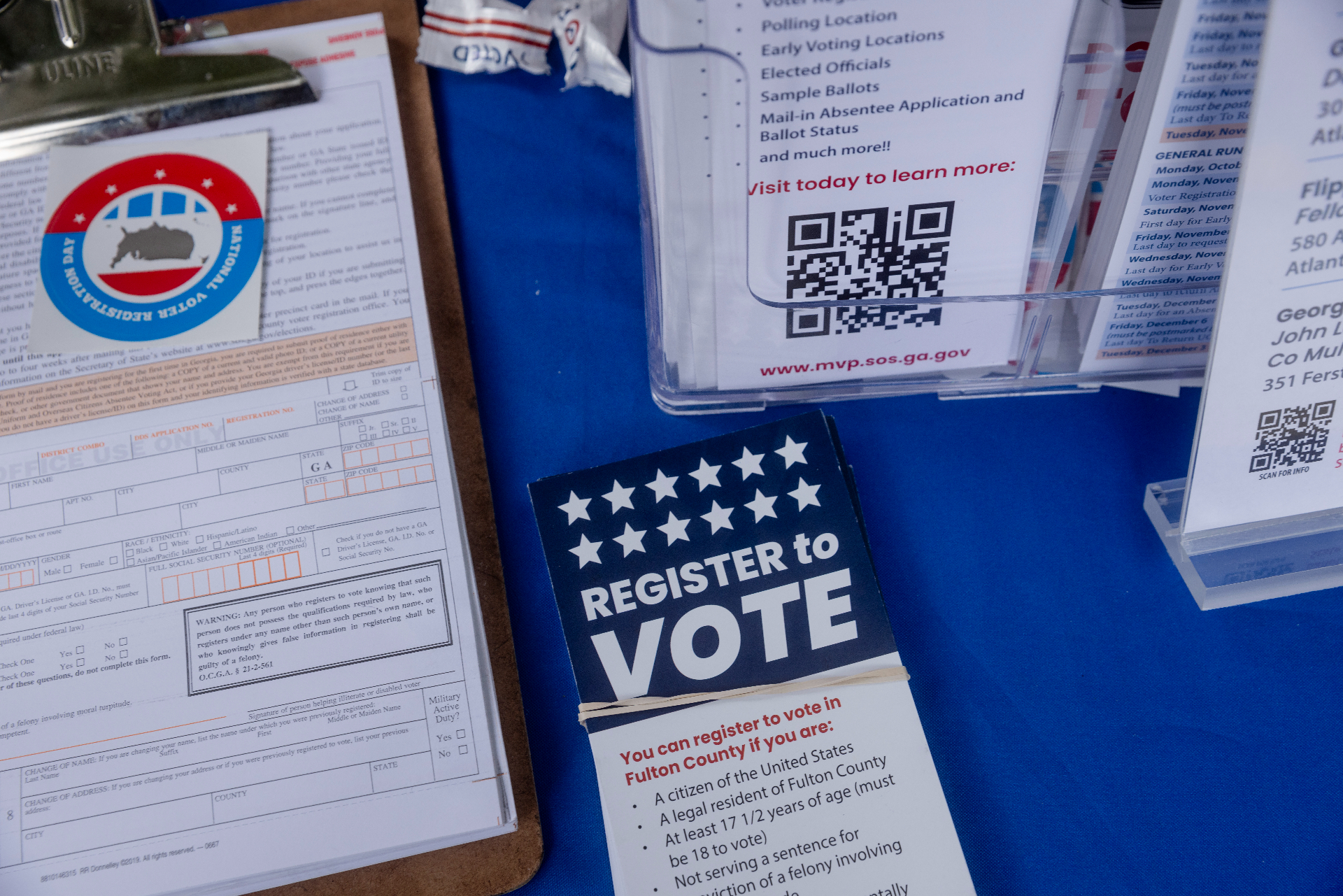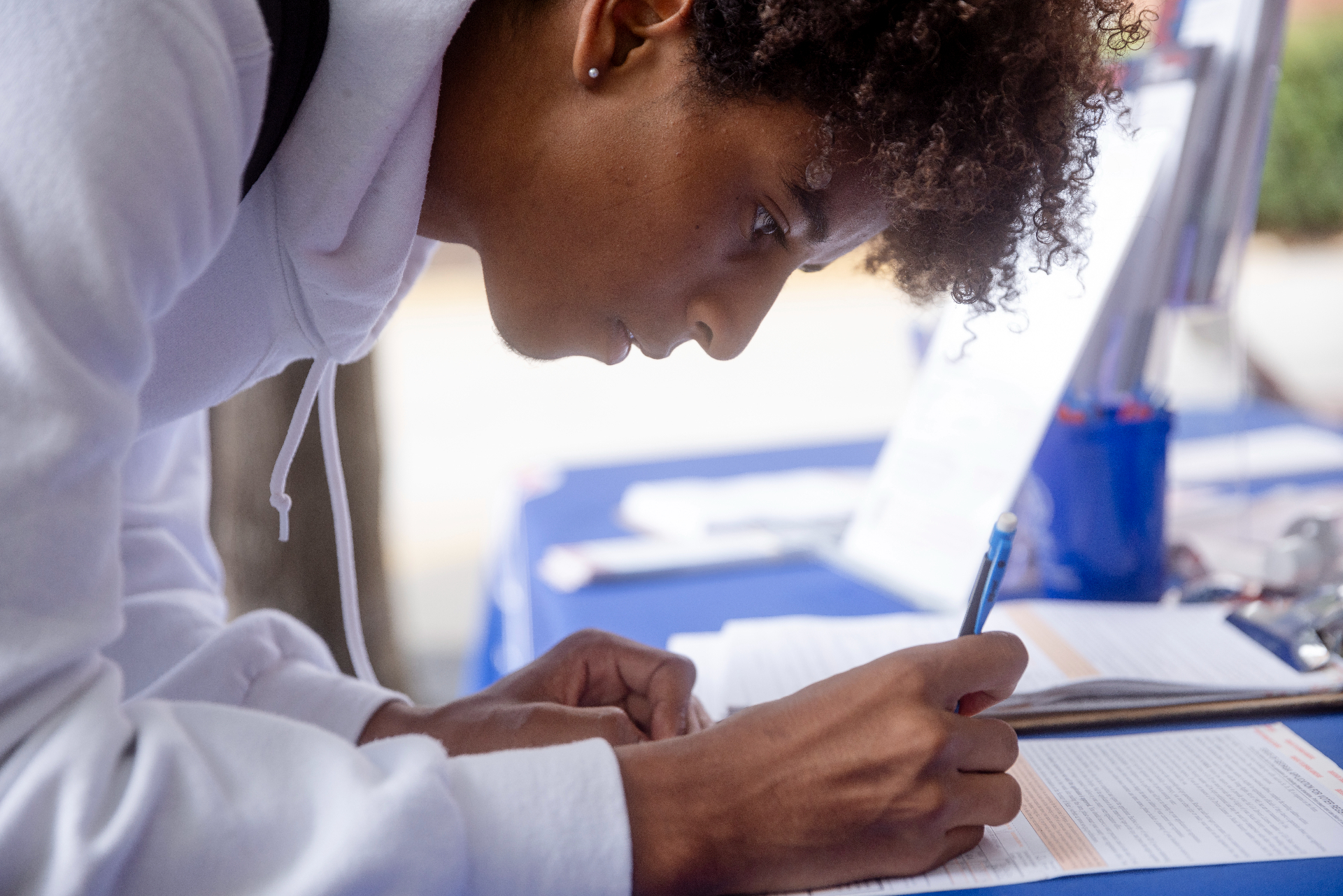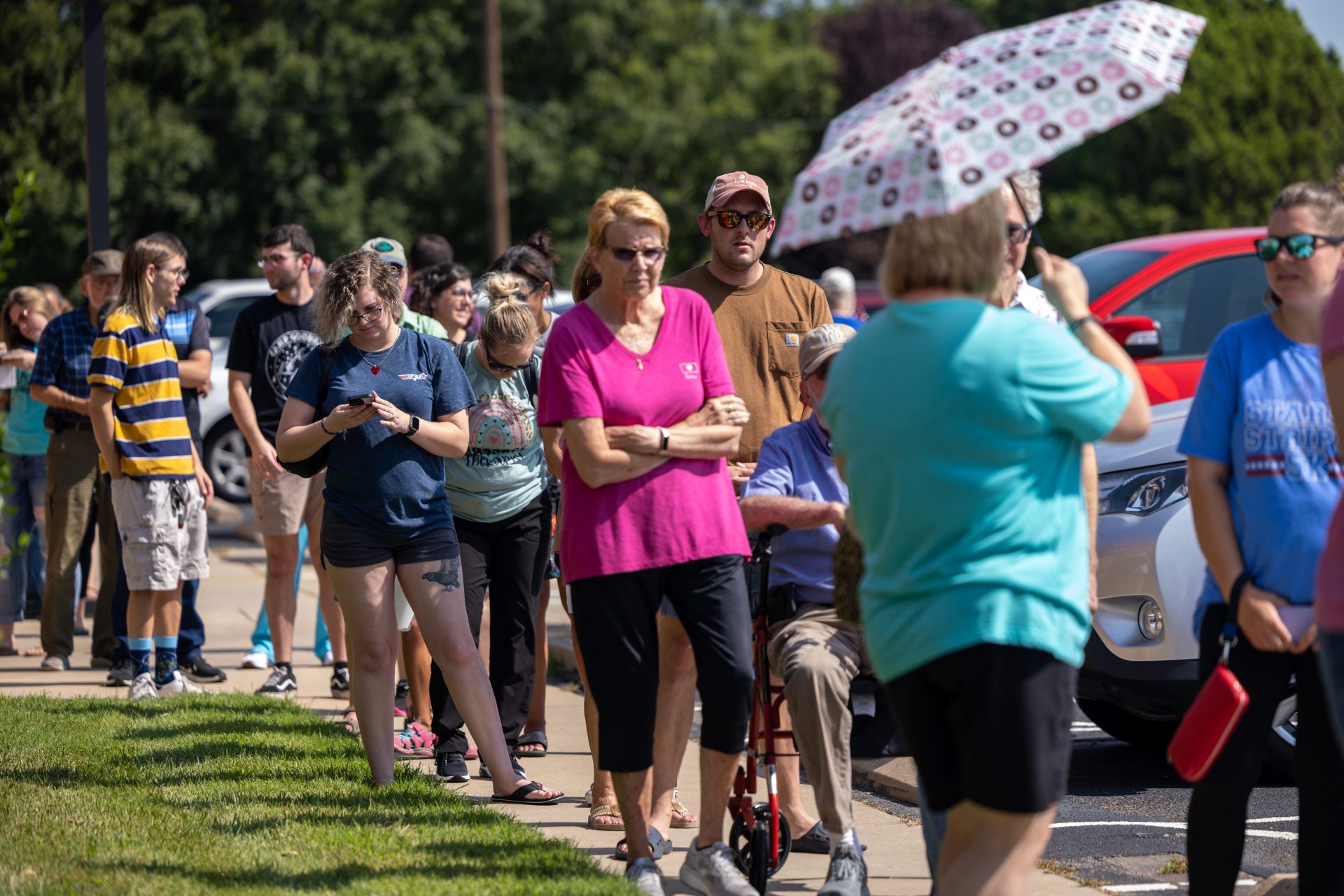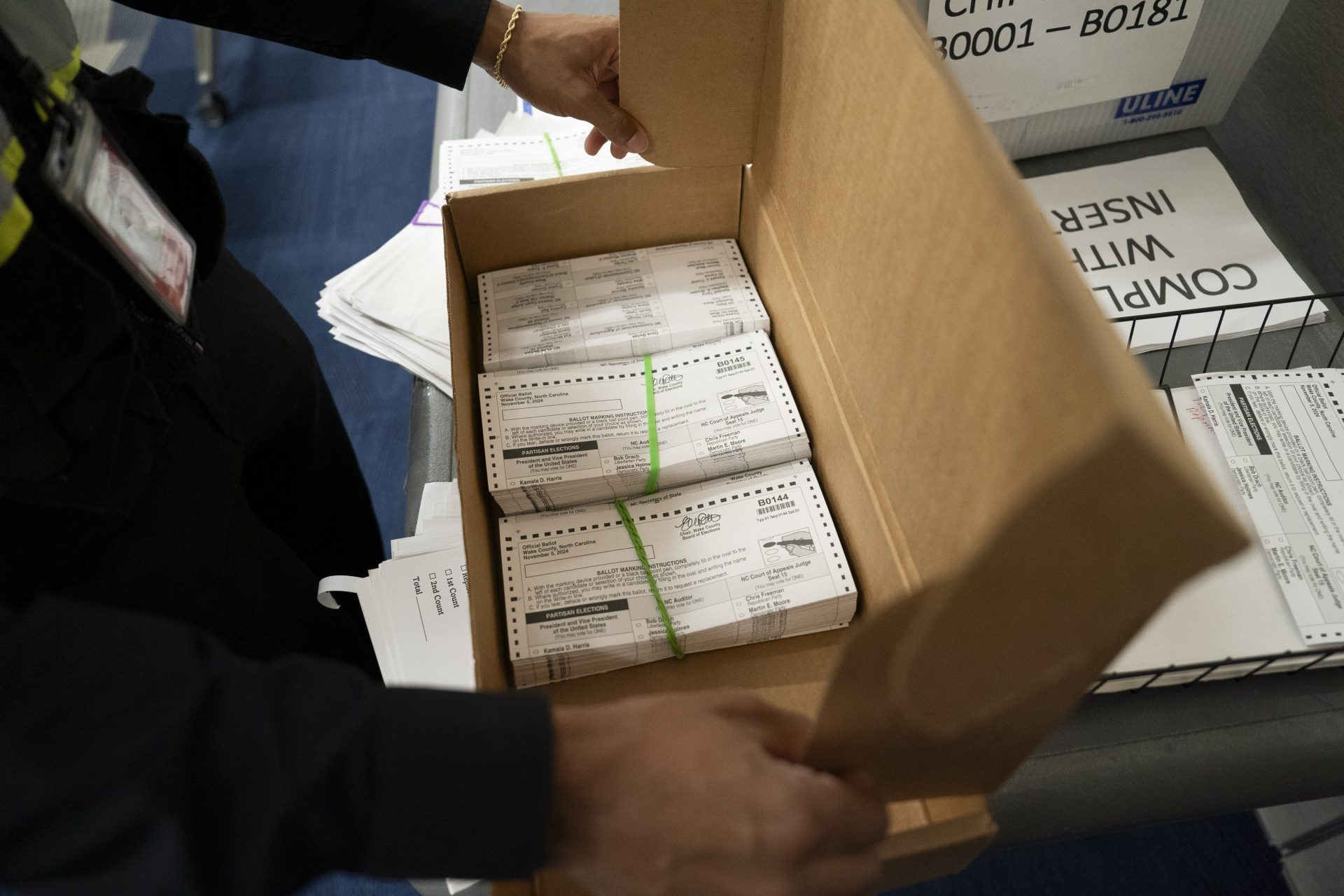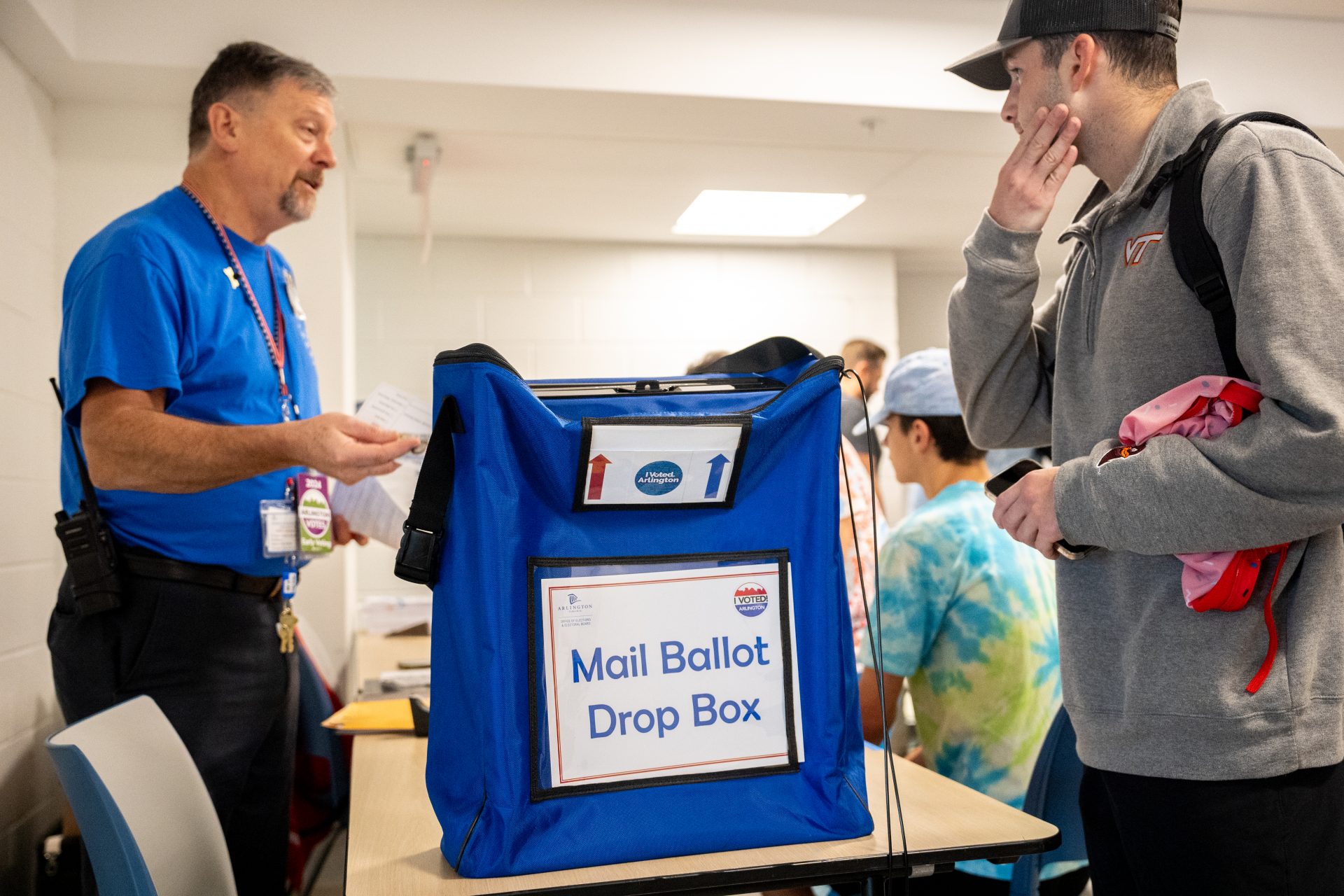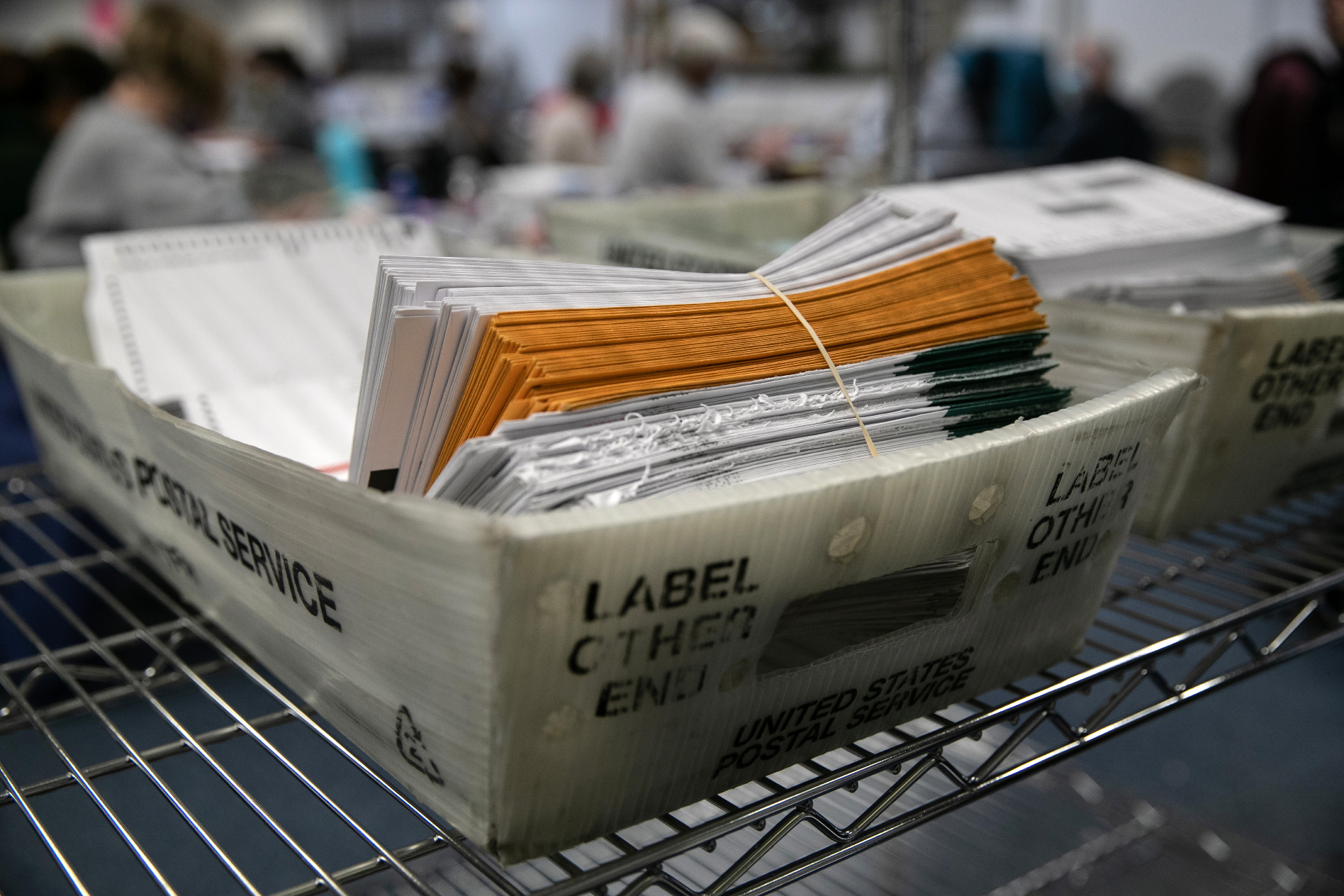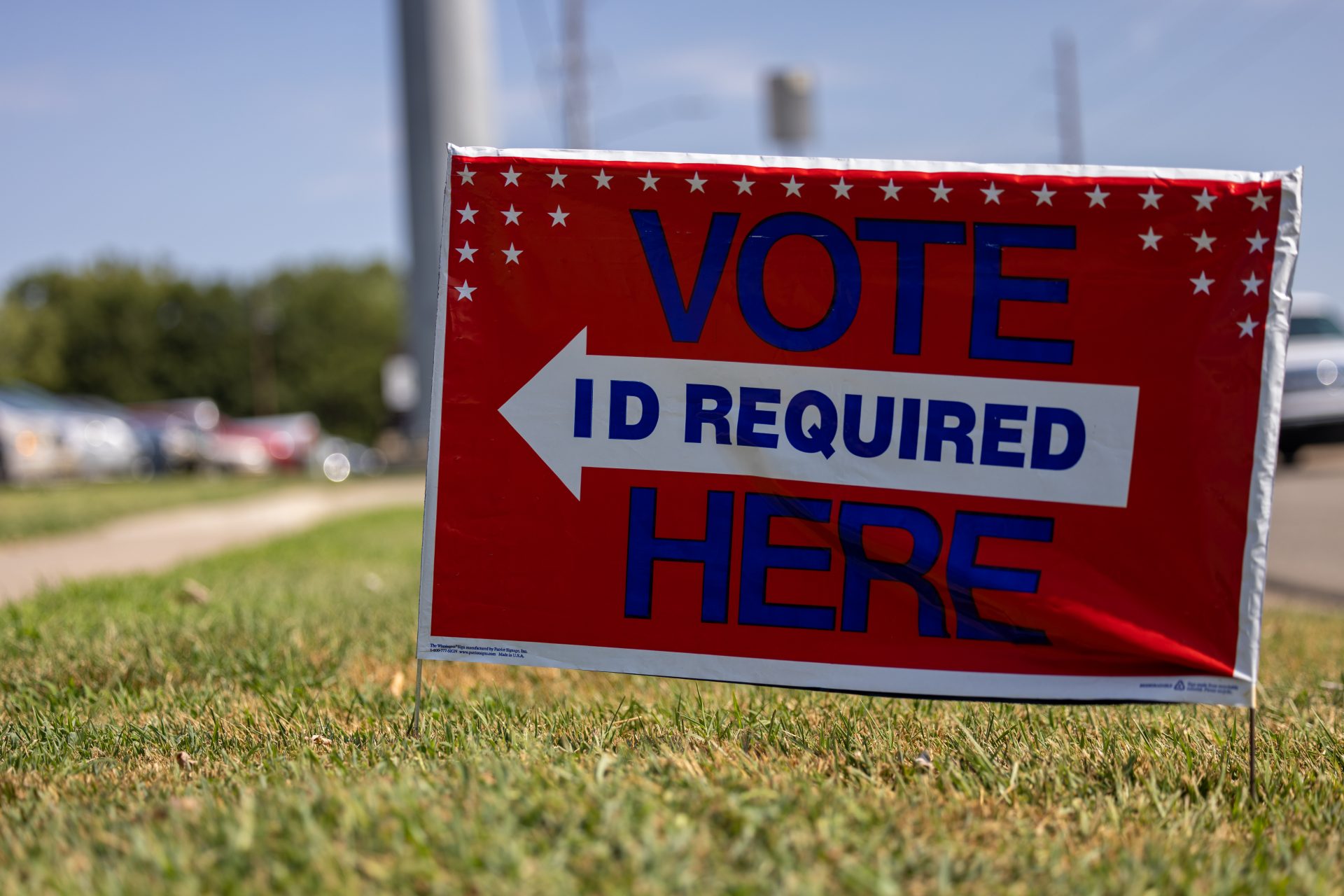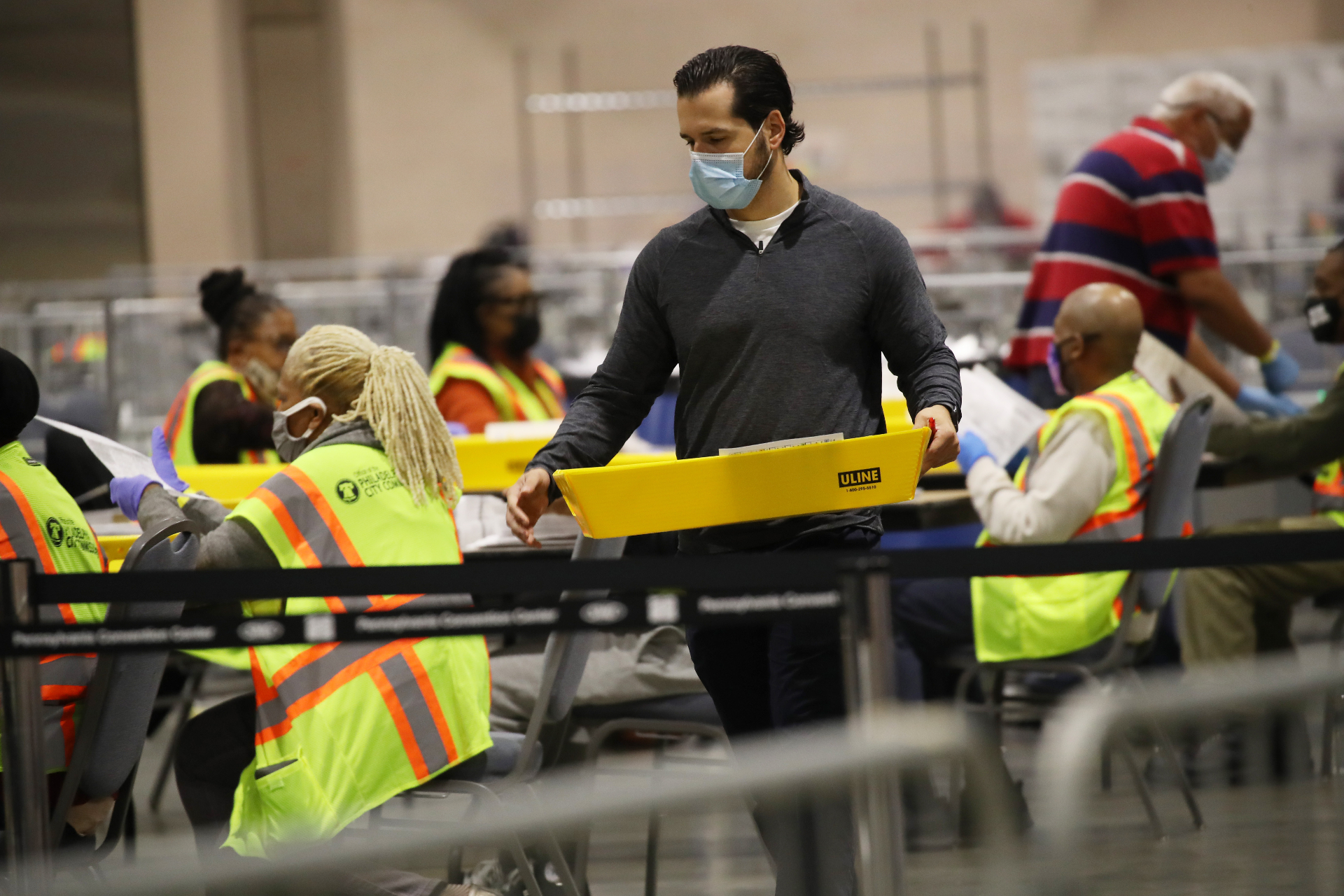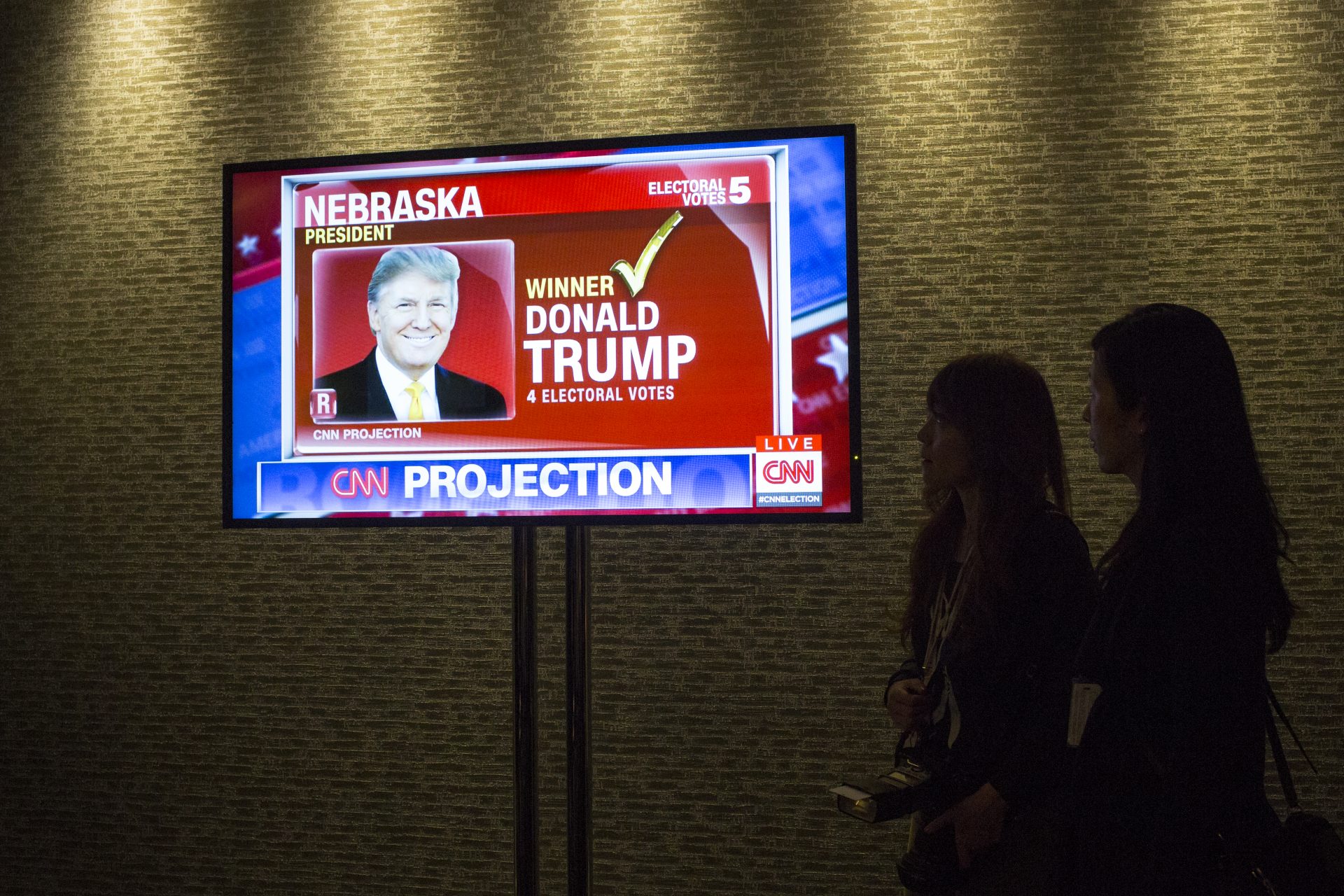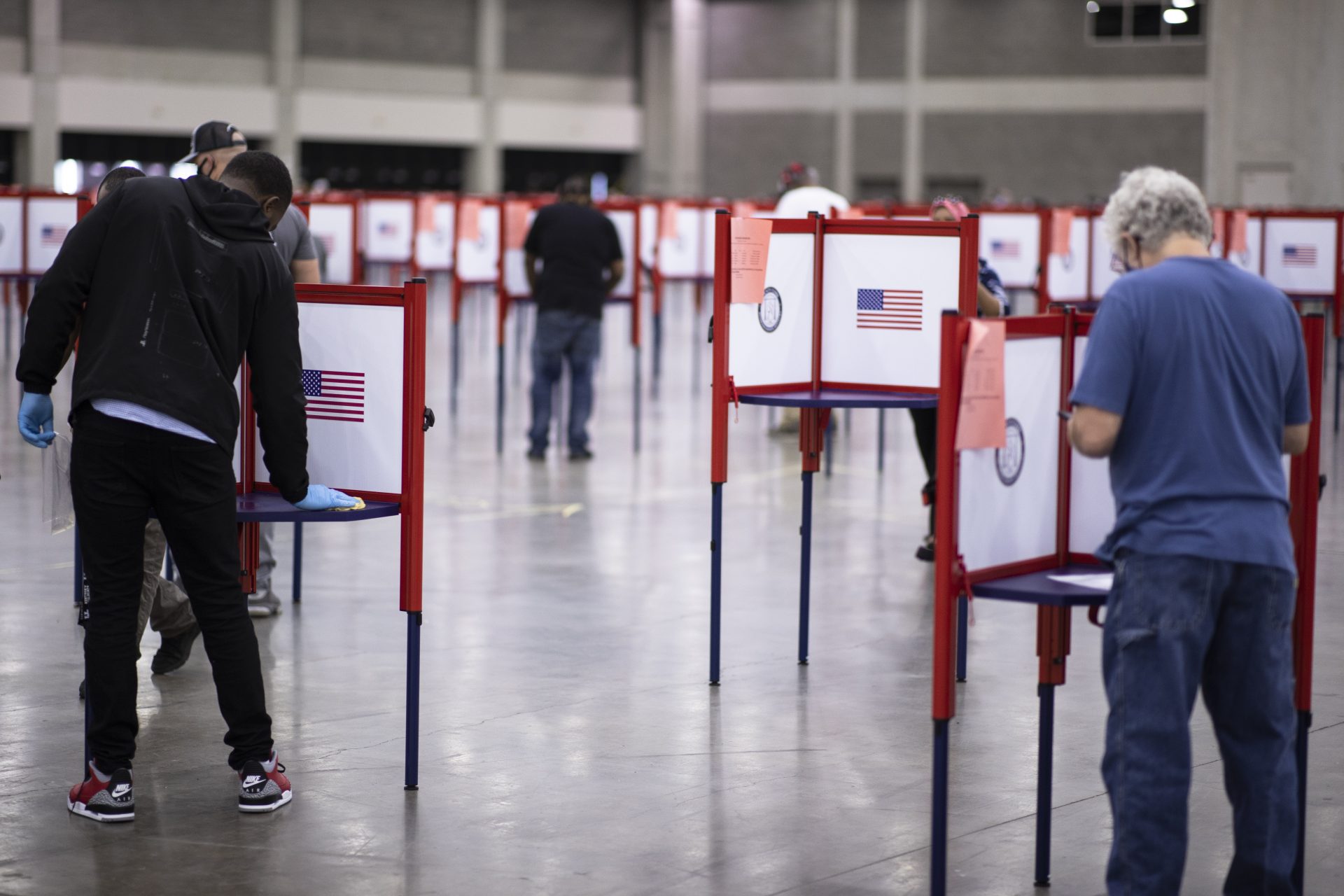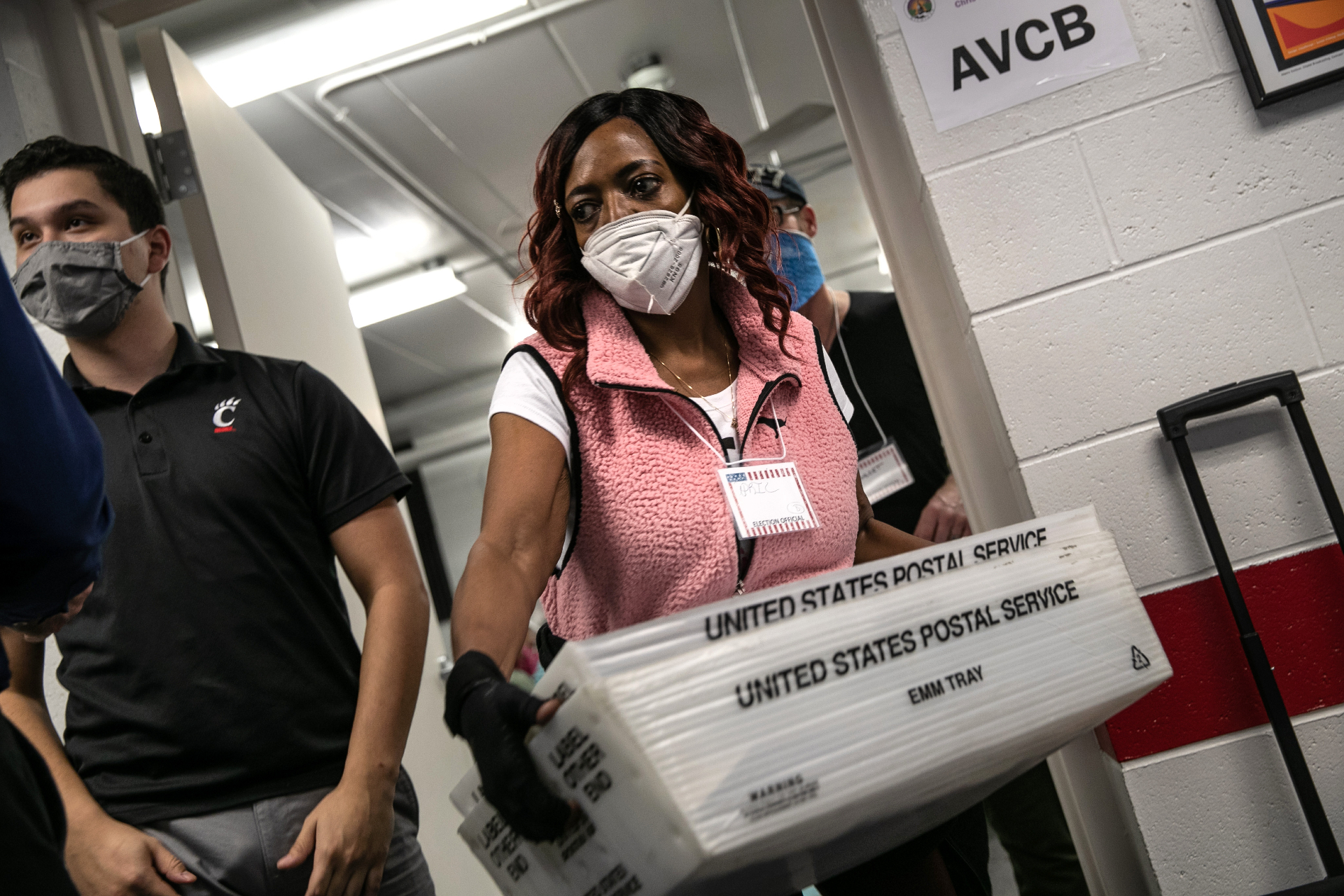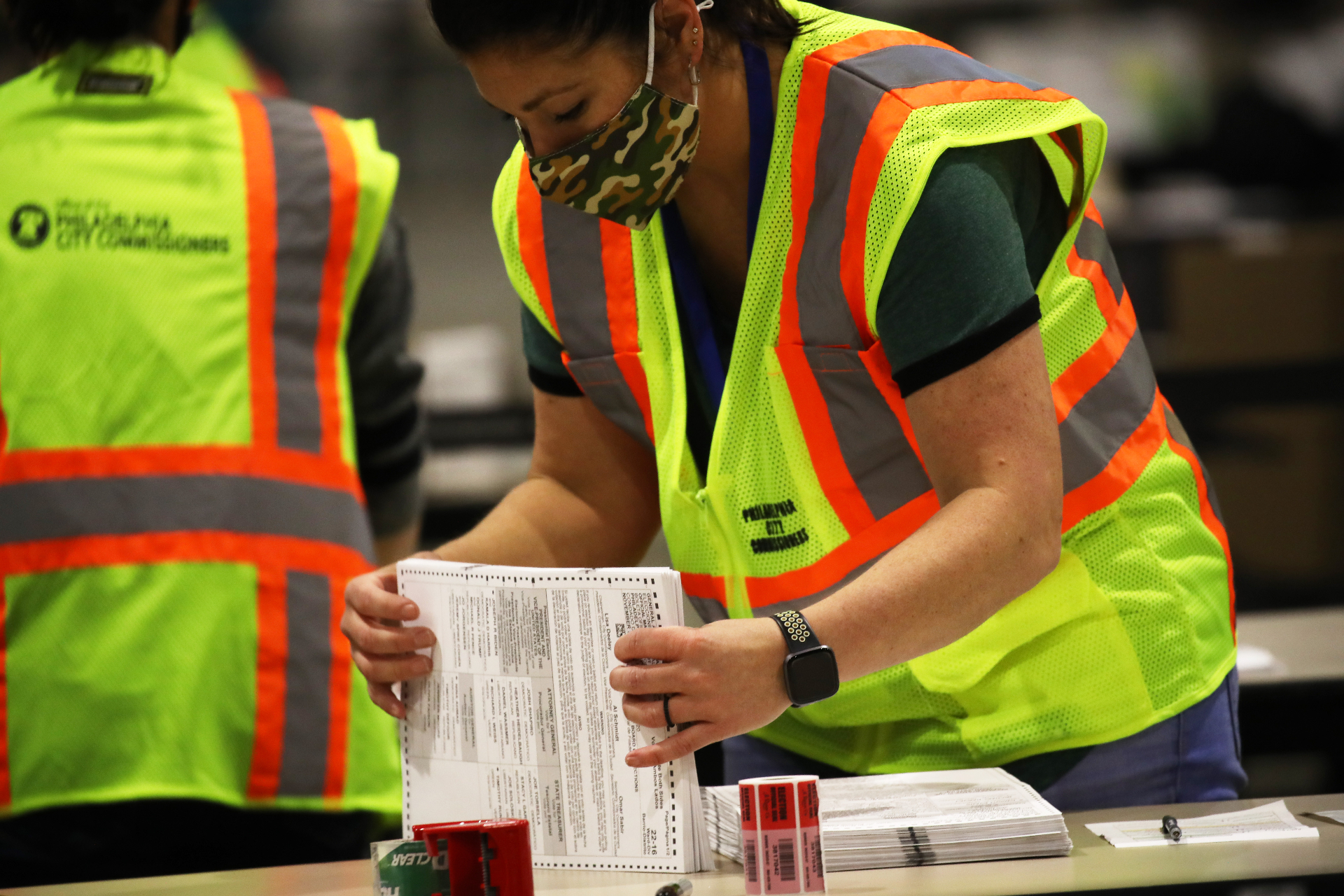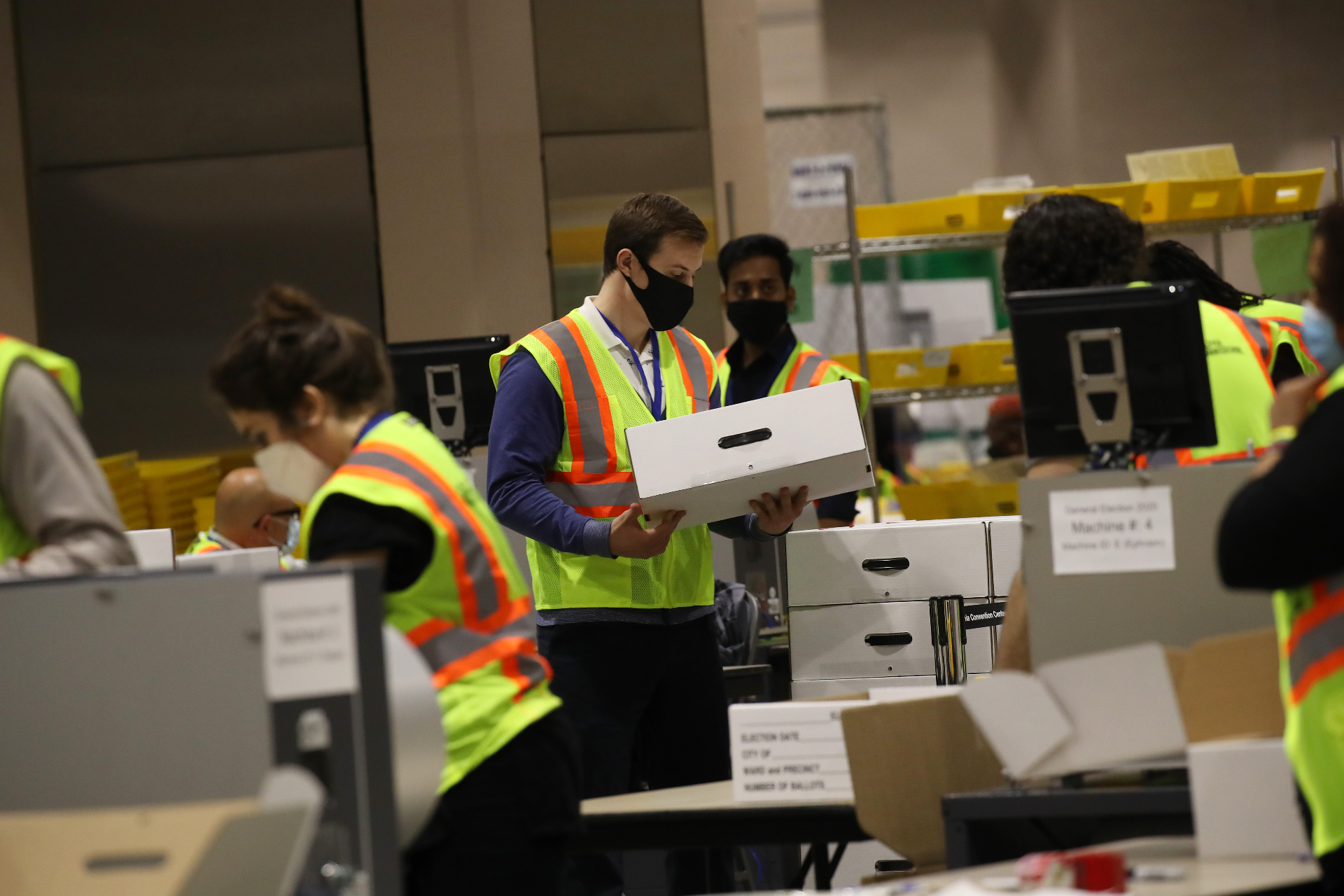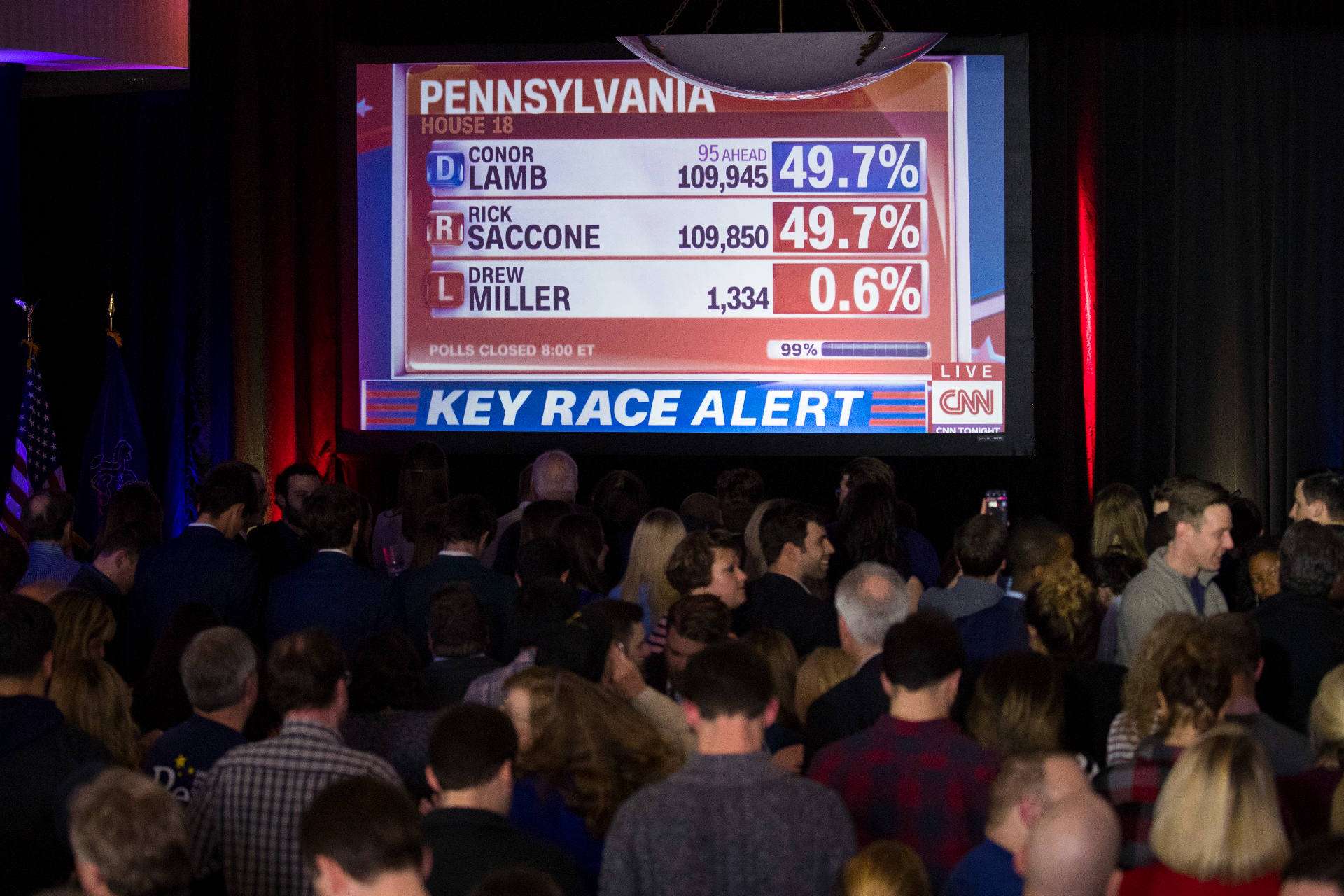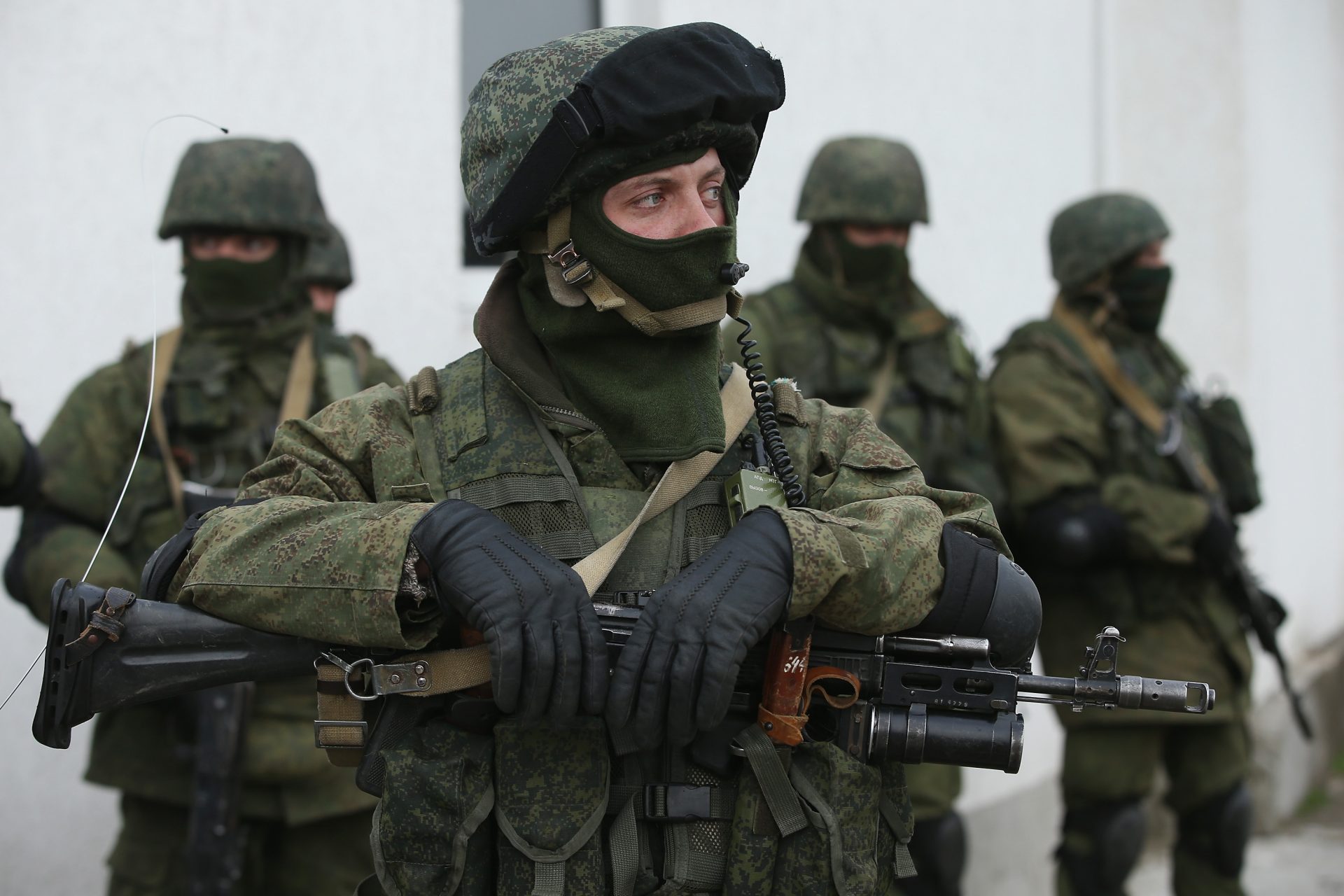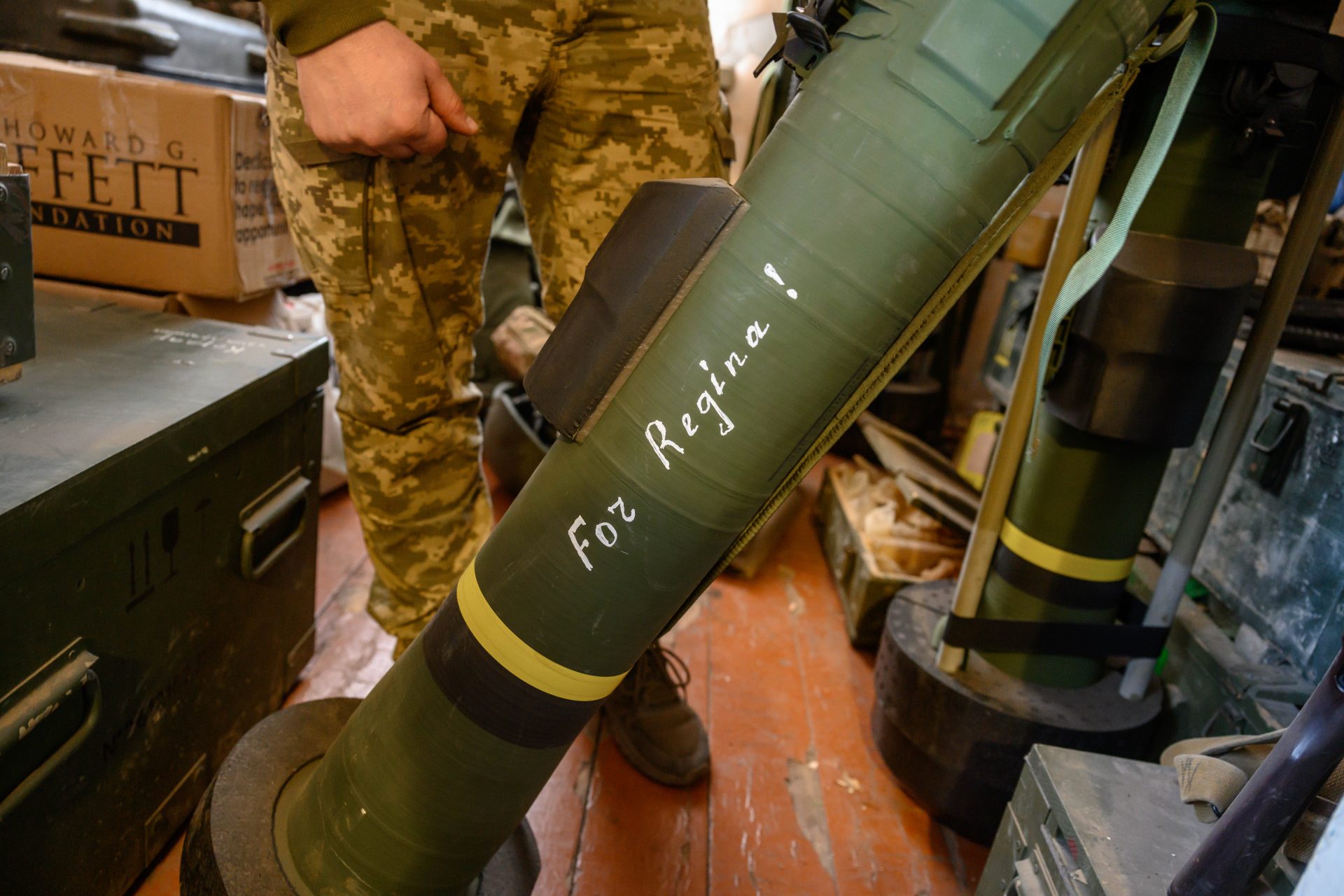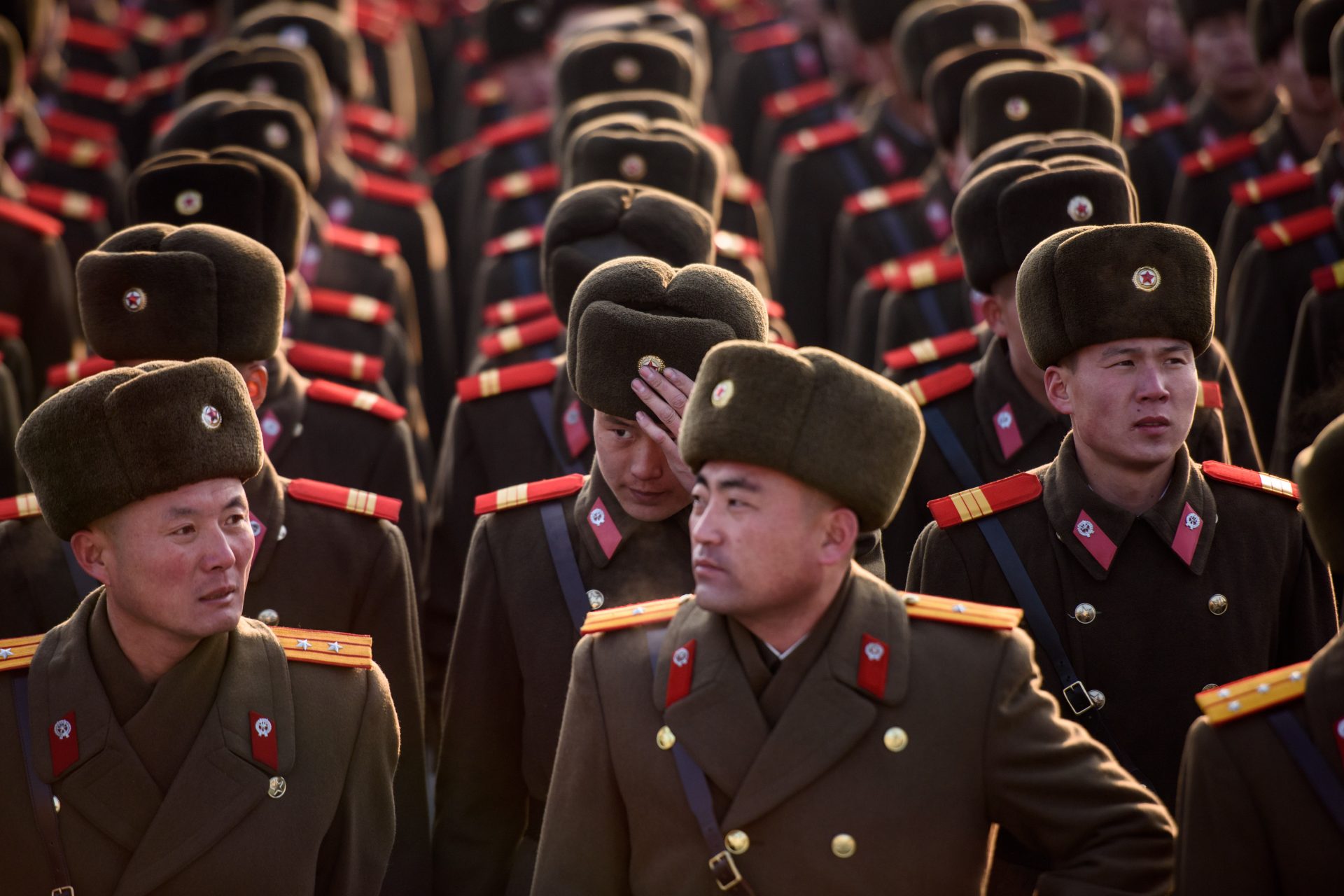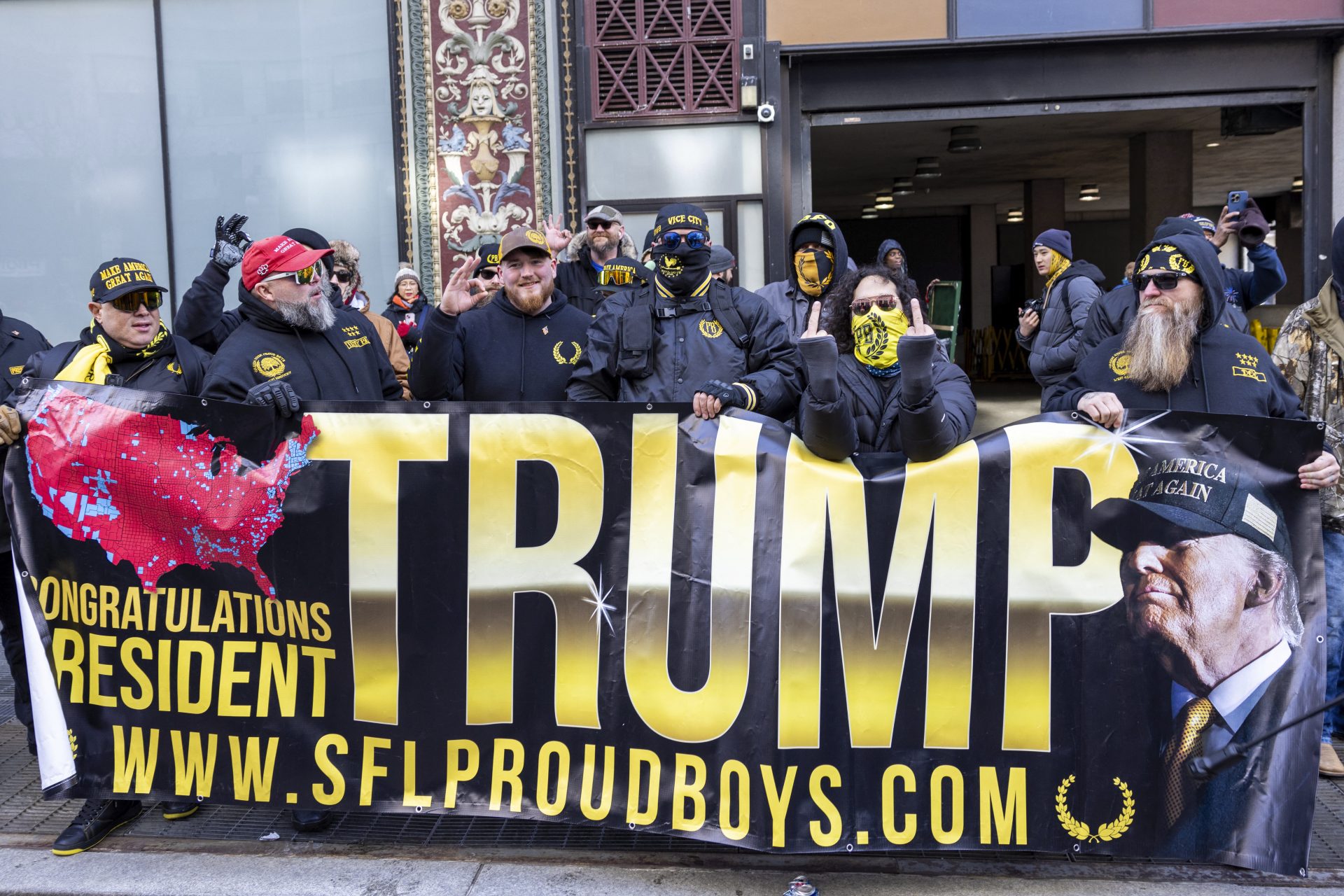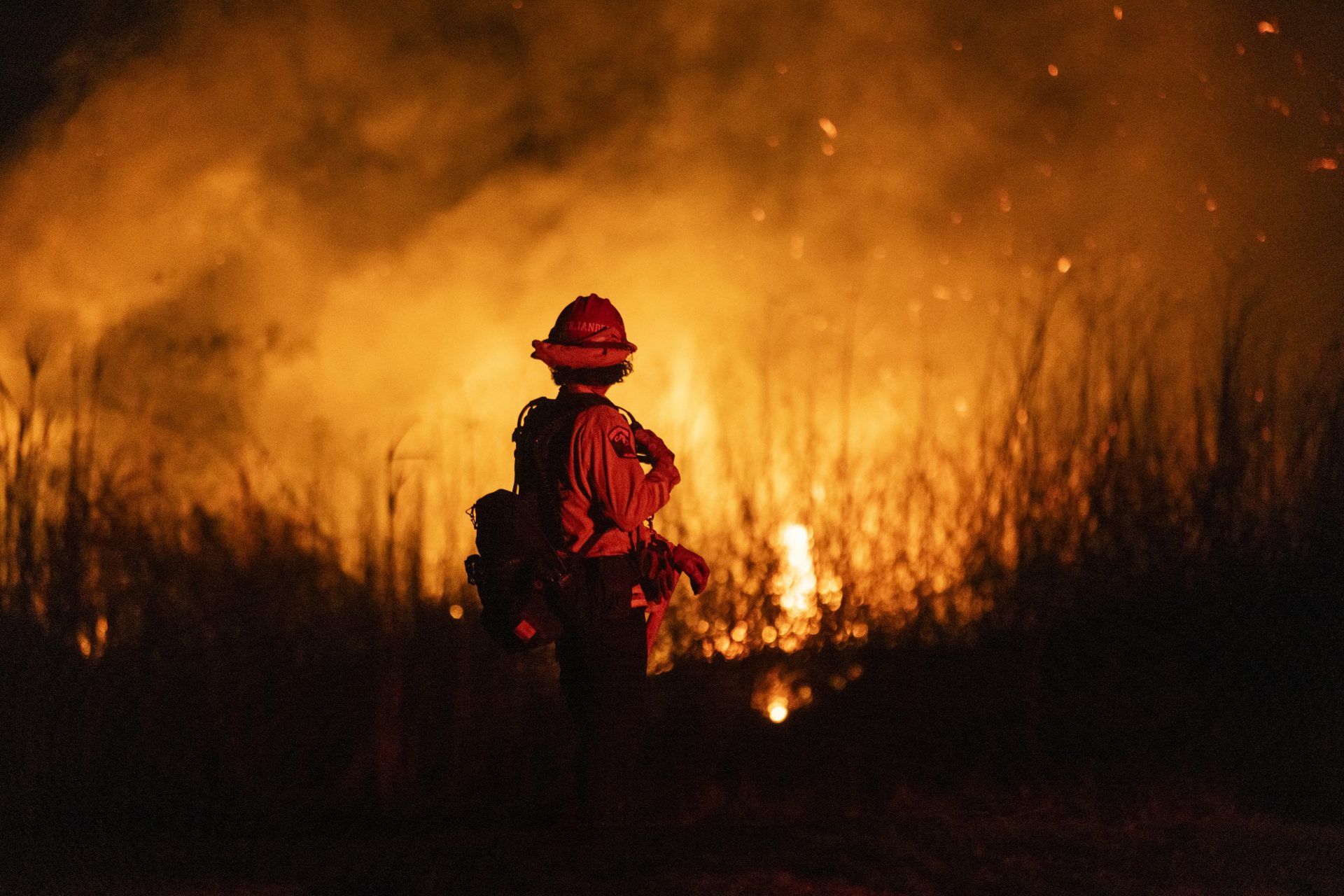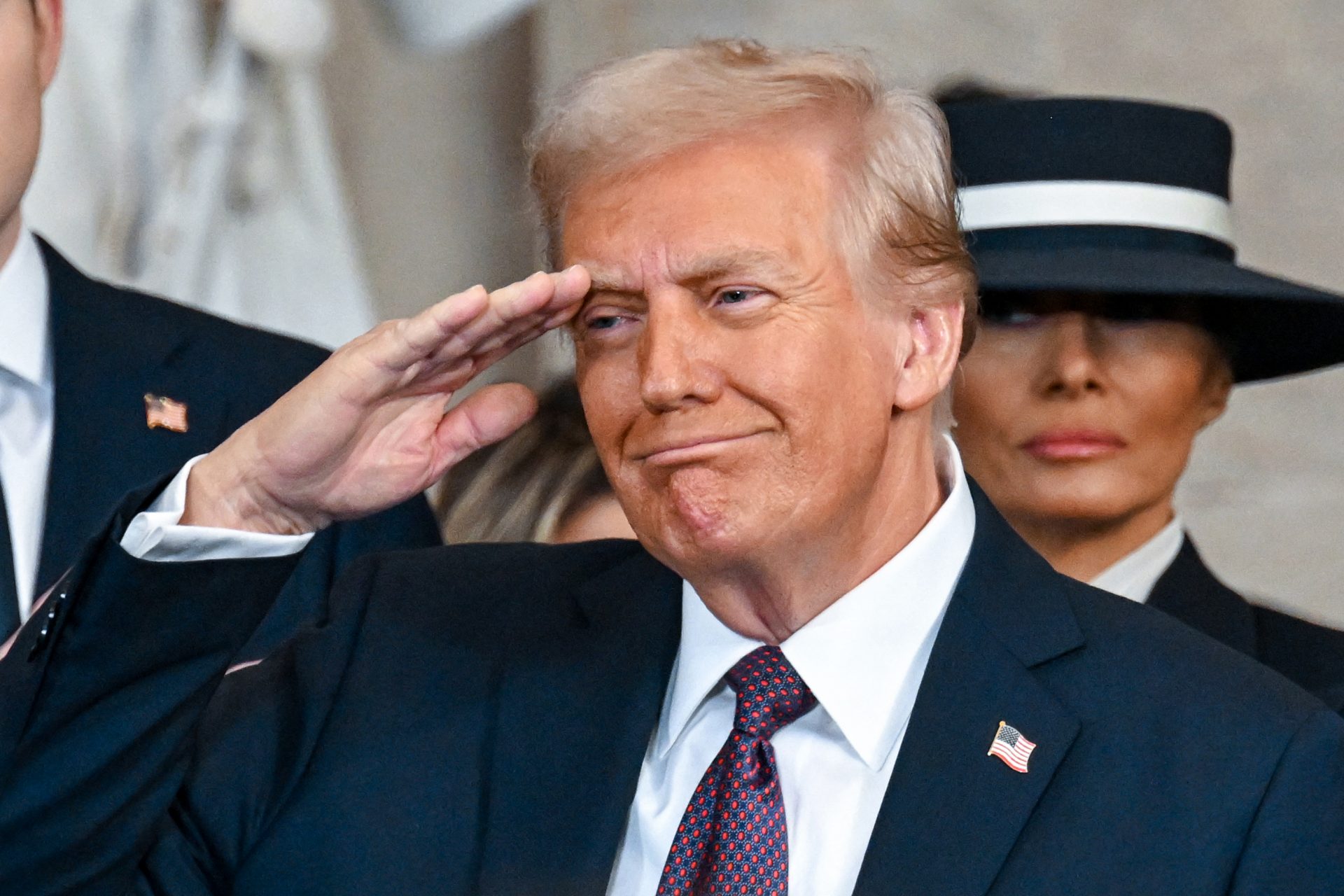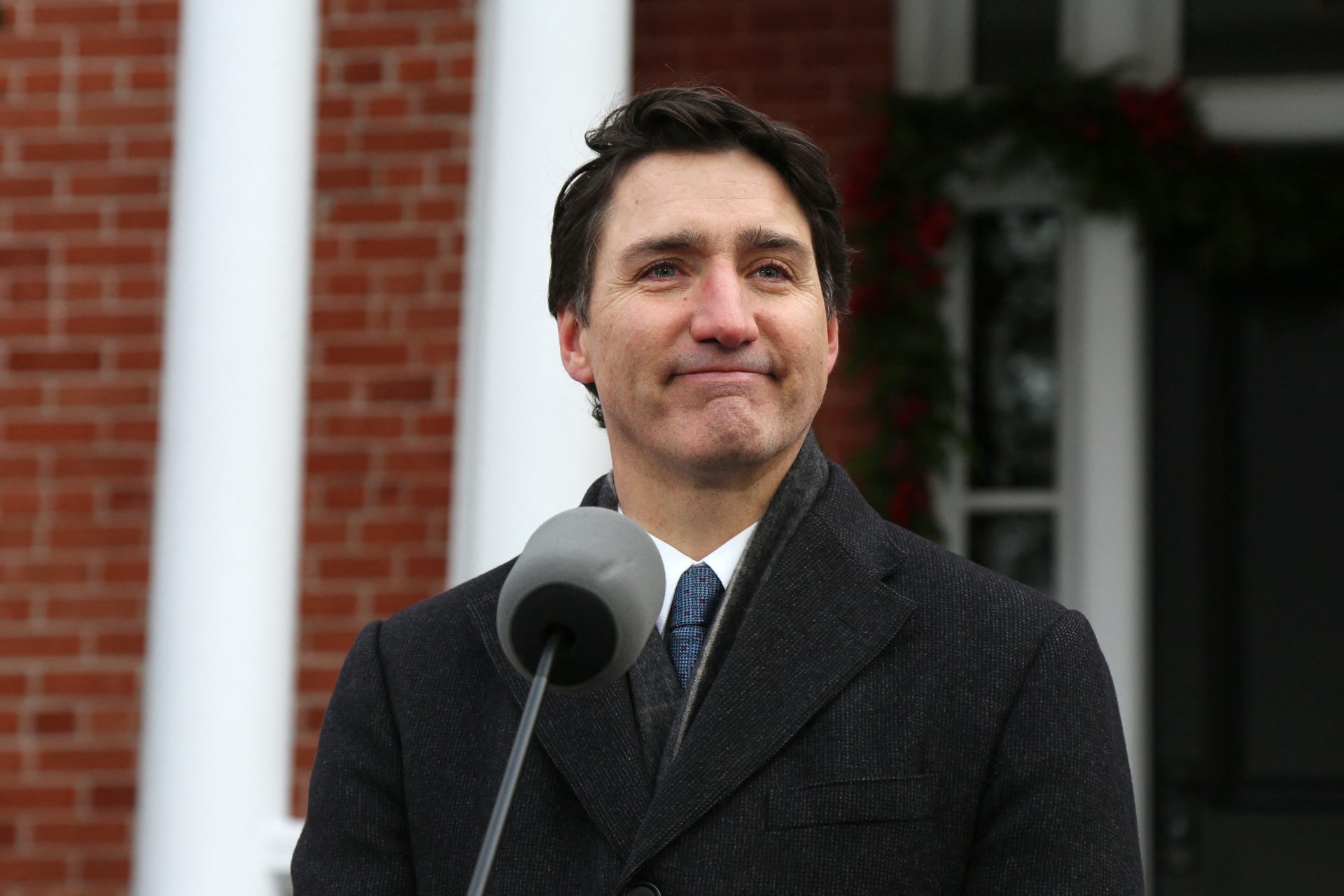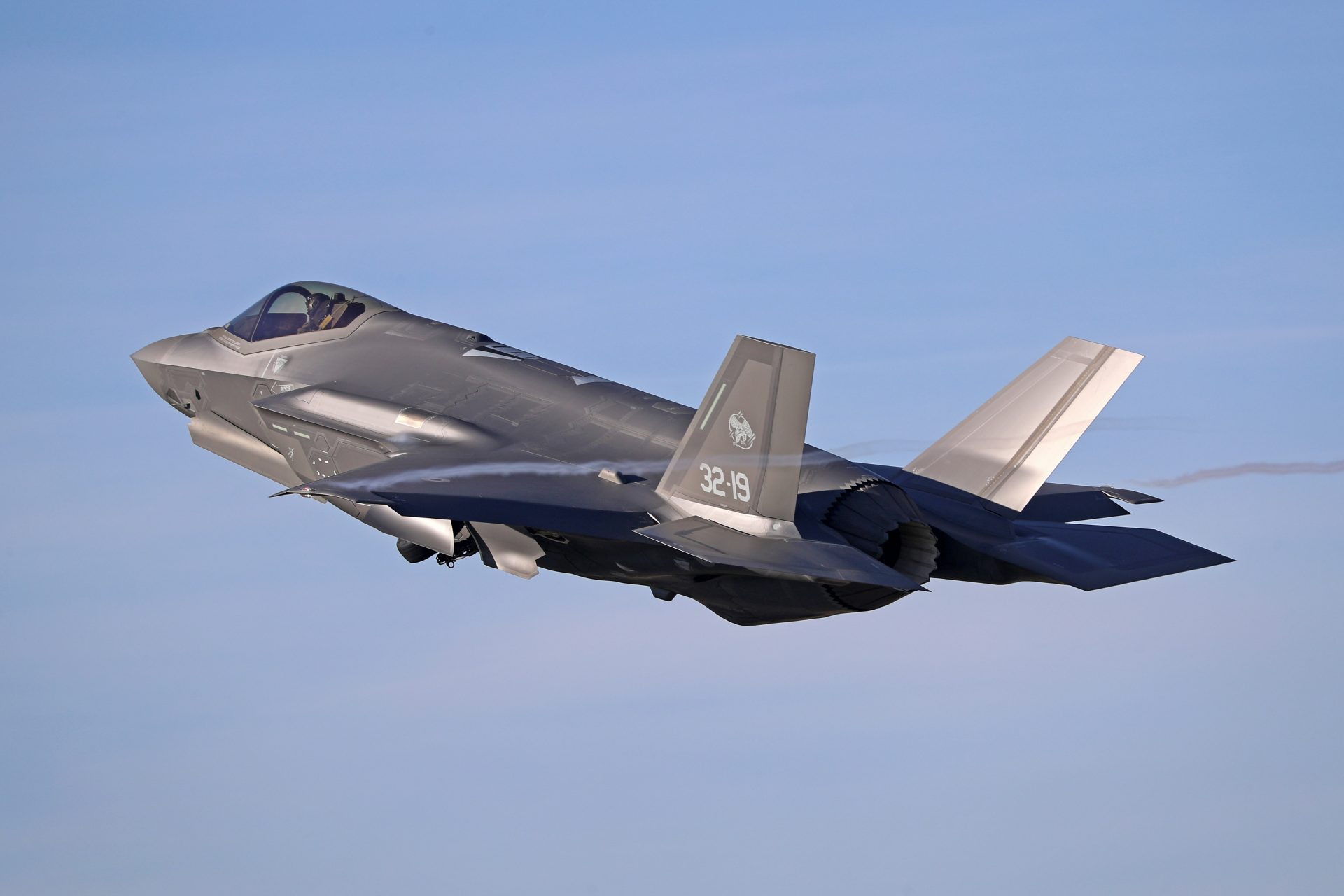Did you know not all states run elections the same way?
The US electoral system is complex. Every state has a different role and approach to a federal election, from electoral colleges to voter registration.
The laws that protect voting rights lay out fundamental rules, but each state can follow them differently or add to them. USA Facts detailed some differences in voter registration.
North Dakota is the only state that does not require voter registration. 19 other states allow same-day registration, but 7 require voters to register nearly 30 days in advance.
On the other hand, 8 states do not offer online registration: Montana, Wyoming, South Dakota, Arkansas, Mississippi, Oklahoma, Texas, and Rhode Island.
There are also opposing approaches to vote-by-mail. Mailing your ballot is the default voting form in 8 states, while 14 require an excuse to vote by mail.
For voters who vote by mail, 29 states and Washington, DC, have drop boxes, USA Facts states. Of the others, 21 allow voters to turn them in person, but Tennessee requires them to be sent by mail only.
Early voting is more homogeneous. All states allow some form of early voting. However, Mississippi, Alabama, Delaware, and New Hampshire do not allow in-person early voting.
All states require the voter to present their ID when voting or registering for the first time. However, 14 do not need it after that. Three states, North Dakota, Wyoming, and Arizona, accept only photo IDs.
All of those differences come before voters cast their ballots. However, states also count and process votes in different ways. AP News described some of those.
Maine and Nebraska, for example, assign some of their electoral votes to districts and some to the state-wide popular vote winner. Thus, both candidates can earn electoral votes from these states.
Other states have ranked-choice voting, in which voters rank candidates in order of preference. If no one exceeds 50 percent of the vote, they eliminate the bottom candidates until one persists.
Louisiana also takes a different approach to general elections. AP News explains that it holds an "open primary. "All candidates run on the same open primary ballot, and anyone who earns over 50% wins the seat.
If no one earns more than 50%, they hold a head-to-head runoff between the top candidates. Georgia also holds runoff elections if no candidate earns more than 50% of the vote.
In California and Washington, candidates from the same party can compete for a seat. The states hold open primaries, in which the top candidates advance to the election, regardless of their party.
In states with different time zones, polls can close at varying hours. Texas, Florida, Michigan, and Oregon are the largest to report votes at different hours. Tennessee coordinates its closing times.
These differences are reflected in the way the media counts electoral votes and calls races in favor of a Presidential candidate or a party in Congress.
More for you
Top Stories



